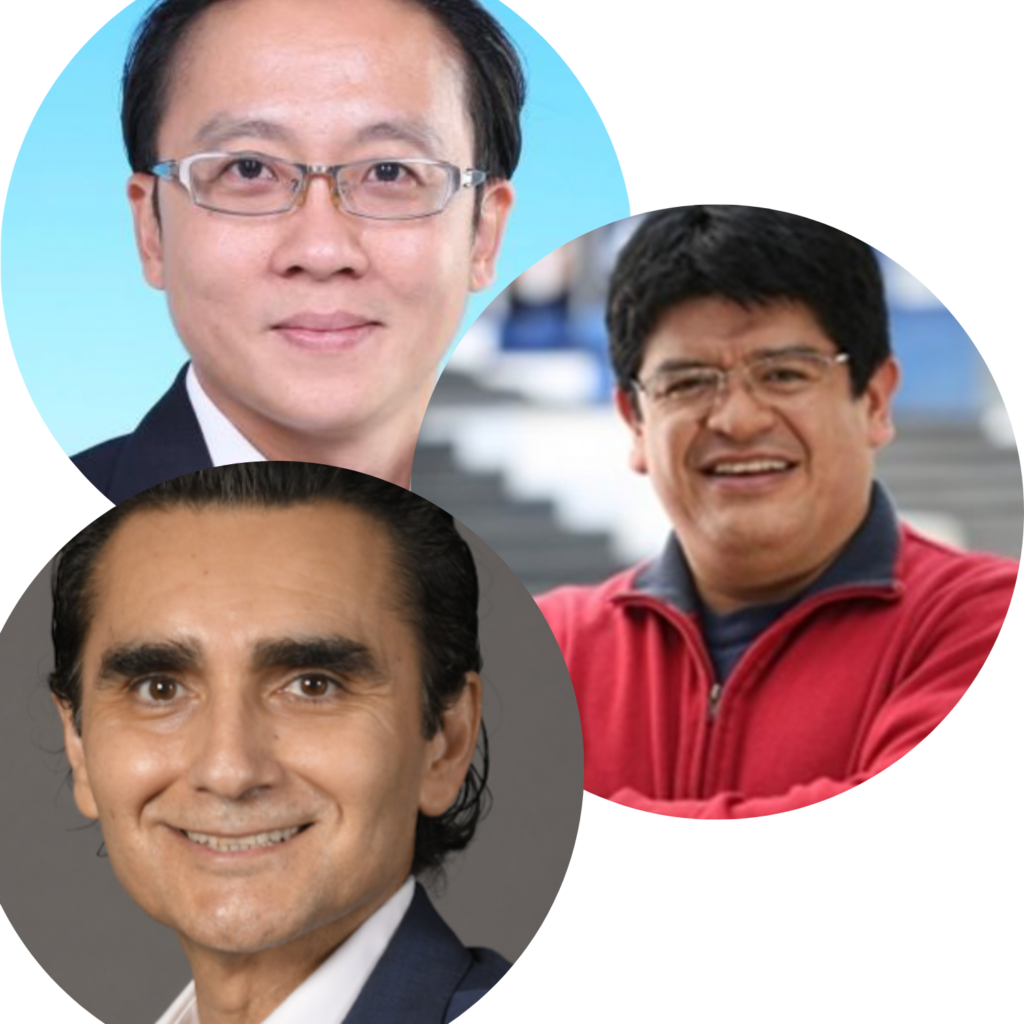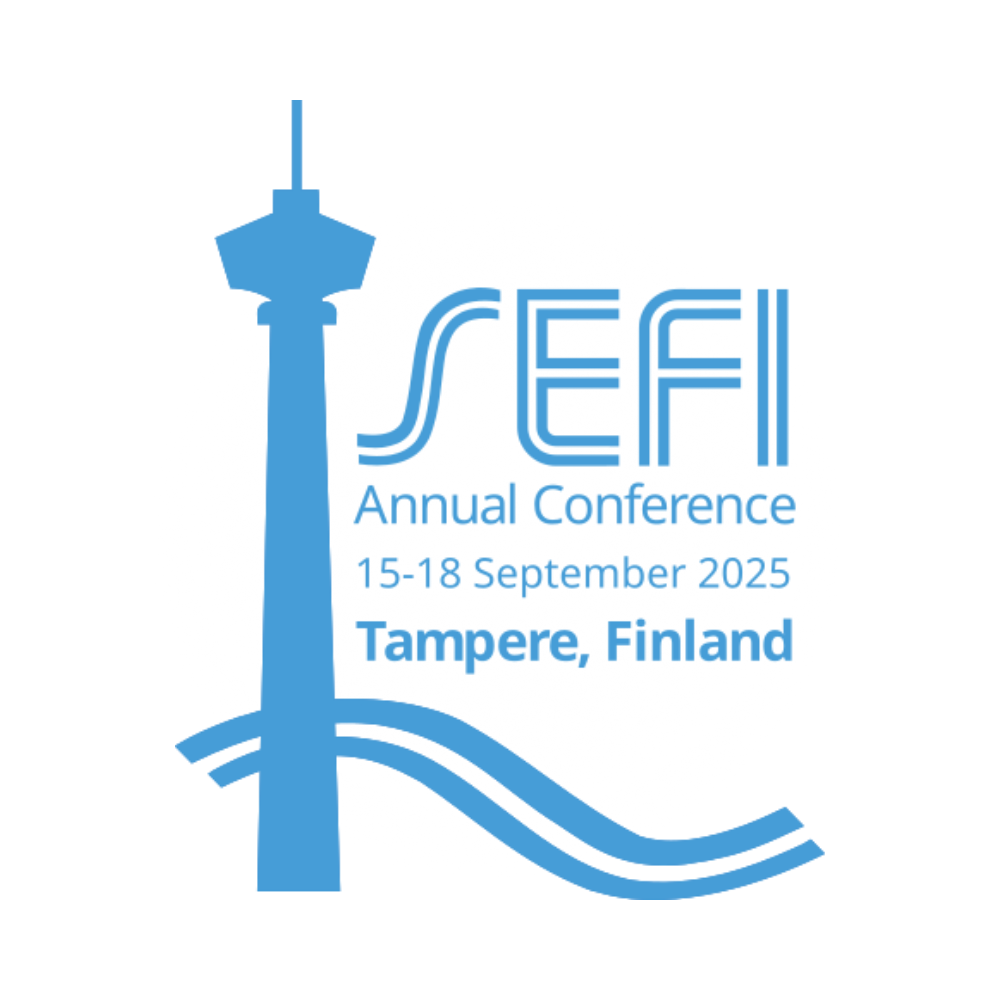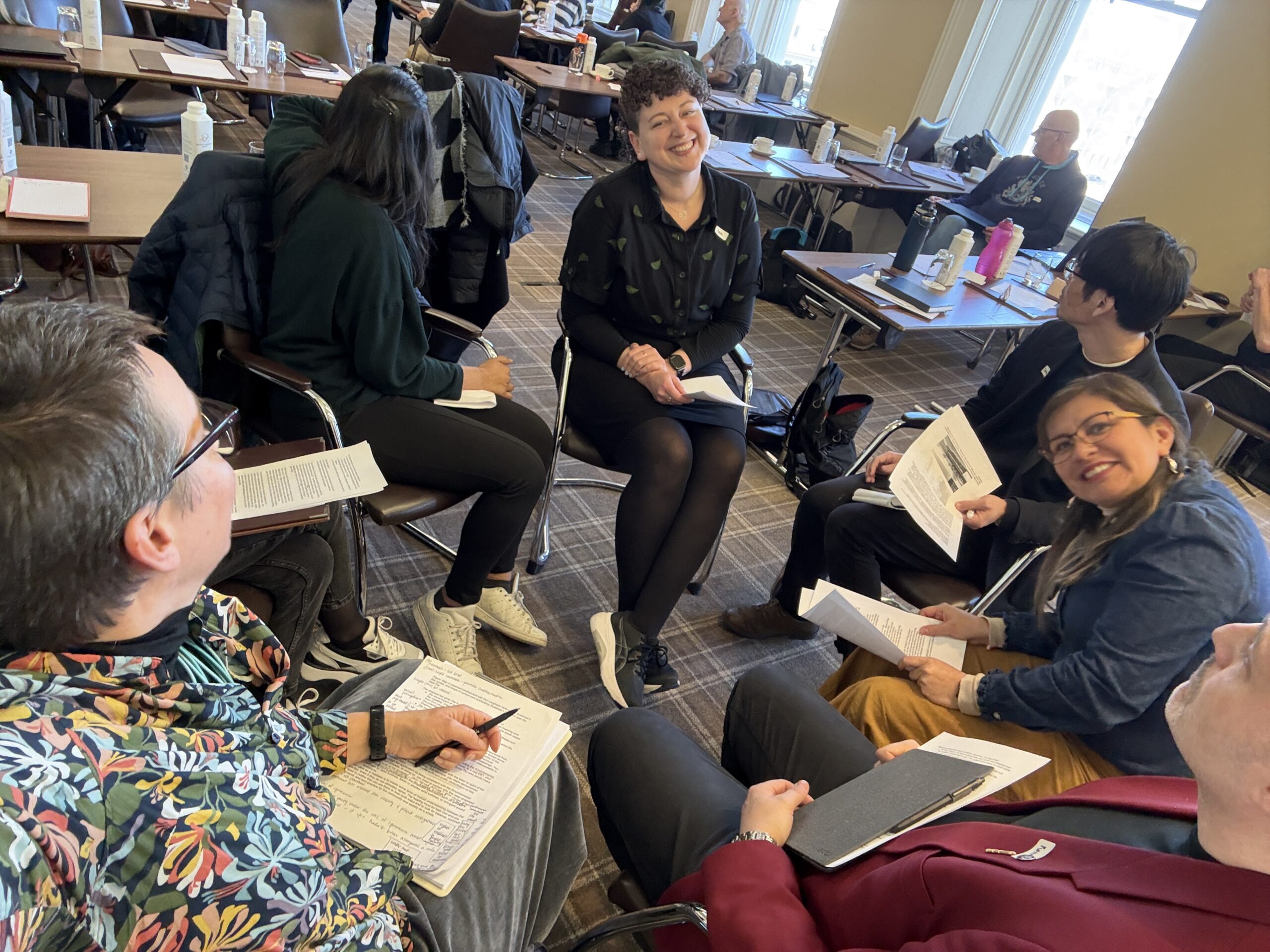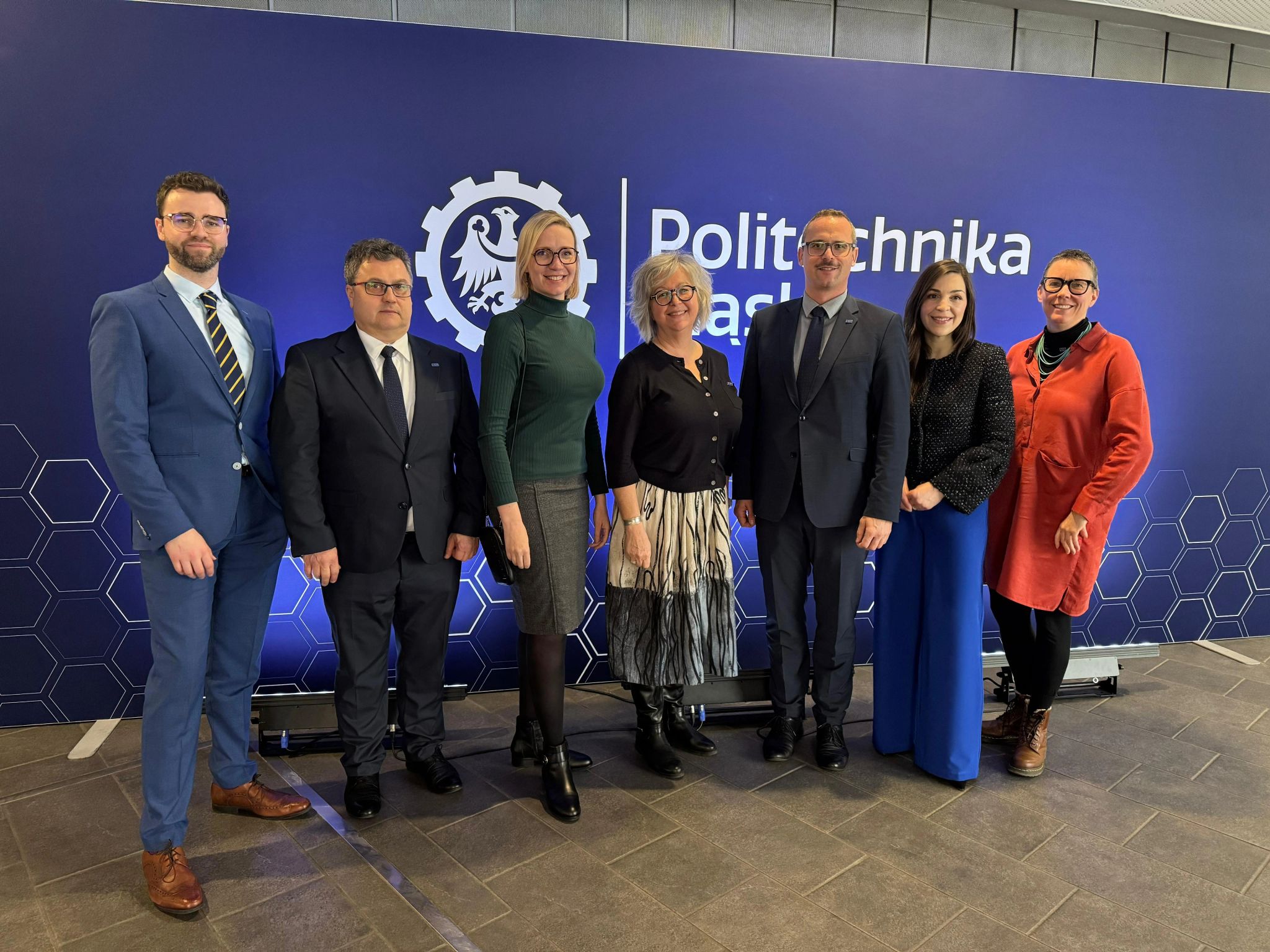We are excited to announce that registrations for the 53rd SEFI Annual Conference are now…
Jorge Membrillo-Hernández, Genaro Zavala and Jin Michael Fung, Institute for the Future of Education, Tecnologico de Monterrey, Mexico

Every element of the classroom has had an accelerated advance compared to the previous century and the past few decades. The reality is not the same as it was 20 years ago, the students are not the same, and societies are different from before. The proliferation of models and formats of education has generated a feeling of “à la carte” at the most advanced levels. To meet current and future advances, higher education requires substantive changes in the teaching-learning process, incorporating in particular methodologies related to experiential learning. Challenge-based learning (CBL) is one form of experiential learning, the general methodology adopted by Tecnologico de Monterrey across its educational system. CBL shares characteristics with Project Based Learning; both approaches engage students in real-world problems and encourage them to participate in the development of specific solutions. However, rather than presenting students with problems to solve, CBL offers open general problems, from which the students can determine the challenge to be tackled (1). Given the growing uncertainty of what the future holds, CBL seeks to develop work-ready skills that are needed by companies, including problem-solving, systems thinking, and resilience. Within the university environment, the challenges proposed have no fixed solutions, and the outputs depend on students’ creative and inventive abilities and the theoretical knowledge that they have previously acquired, under the guidance of instructors that are well-trained in the methodology.
The trend in CBL is to solve real challenges, turning universities into institutions that groom students into professionals with ample experience and knowledge to solve problems that arise in the world of work. It is not enough, then, to simulate the characteristics of a company in a controlled environment. The challenges must be companies’ real problems seeking competent individuals to solve them. That is why transdisciplinary work that goes beyond the boundaries of singular disciplines to impact multiple areas and systems is vital for CBL. Such work requires examination of the problems from different perspectives (across multiple disciplines) to arrive at interdisciplinary solutions. It also requires holistic approaches (systemic thinking) to address the relationships between the different actors in education. The participation of external actors in the university plays a fundamental role in the proposal and solution of such problems. These collaborators play the role of training partners, whom with their contribution, shape the direction of the entire educational system (2). Multiple companies have contributed to and benefited from working with universities; however, it is time for them to play a more active role by proposing the necessary challenges to develop the skills that best prepare students for success in their future working life. Many of the problems associated with CBL are of a STEM nature (3), integrating science, technology, engineering, and mathematics. STEM subjects and careers have significantly benefited from CBL (4). However, the approach in our group goes further (4, 5). We propose that the problems associated with this new teaching-learning process be aligned with a social orientation framework. This approach requires that all of the United Nations Sustainable Development Goals are put on the table to try to generate challenges to solve social problems, including several that are not very popular in the syllabus of university subjects, such as no poverty (SDG1), gender equality (SDG5), reduced inequalities (SDG10), peace, justice and strong institutions (SDG16) and partnerships for the goals (SDG17). In addition, at the Institute for the Future of Education, our perspective is that socially oriented education goes beyond university students. We advocate for such an approach to be embededed in adult learning and education (ALE) as well, so that we infuse STEM thinking and capabilities across the workforce through a lifelong learning approach. Therefore, socially oriented education will target at major global problems, for example the proliferation of diseases, food security, inequality, integration of multiculturalism, and migration, must make use of technological, practical, methodological resources, complex reasoning and profound theoretical knowledge within higher education institutions and lifelong learning to generate affordable solutions based on solid scientific theories.
Bibliography
- Johnson, L.F., Smith, R.S., Smythe, J.T. and Varon, R,K. (2009). Challenge-Based Learning: An Approach for Our Time. Austin, Texas: The New Media Consortium.
- Membrillo-Hernández, J., J. Ramírez-Cadena, M., Martínez-Acosta, M. et al. Challenge based learning: the importance of world-leading companies as training partners. Int J Interact Des Manuf 13, 1103–1113 (2019). https://doi.org/10.1007/s12008-019-00569-4
- Caratozzolo P., and Membrillo-Hernández J. (2021) Evaluation of Challenge Based Learning Experiences in Engineering Programs: The Case of the Tecnologico de Monterrey, Mexico. In: Auer M.E., Centea D. (eds) Visions and Concepts for Education 4.0. ICBL 2020. Advances in Intelligent Systems and Computing, 1314. Springer, Cham. https://doi.org/10.1007/978-3-030-67209-6_45
- Membrillo-Hernández, J., Ramírez-Cadena, M.J., Ramírez-Medrano, A., García-Castelán, R. M. G. and García-García, R. (2021). Implementation of the challenge-based learning approach in Academic Engineering Programs. Int. J. Interact. Des. Manuf. 15, 287–298. http://doi.org/10.1007/s12008-021-00755-3
- Membrillo-Hernández, 2021 https://teaching.ieee.org/challenge-based-learning-an-emergent-educational-model-for-engineering-education-in-the-post-covid-era/


